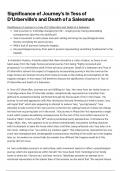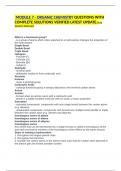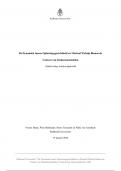Summary
Summary A* AQA ENGLISH LITERATURE B ESSAY -Significance of Journey’s In Tess of D’Urberville’s and Death of a Salesman
A* AQA ENGLISH LITERATURE B ESSAY - Significance of Journey’s In Tess of D’Urberville’s and Death of a Salesman Received 24/25 marks
[Show more]













